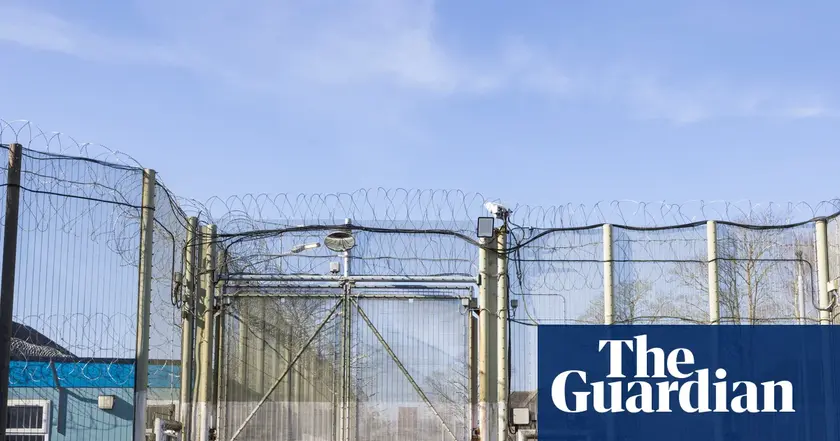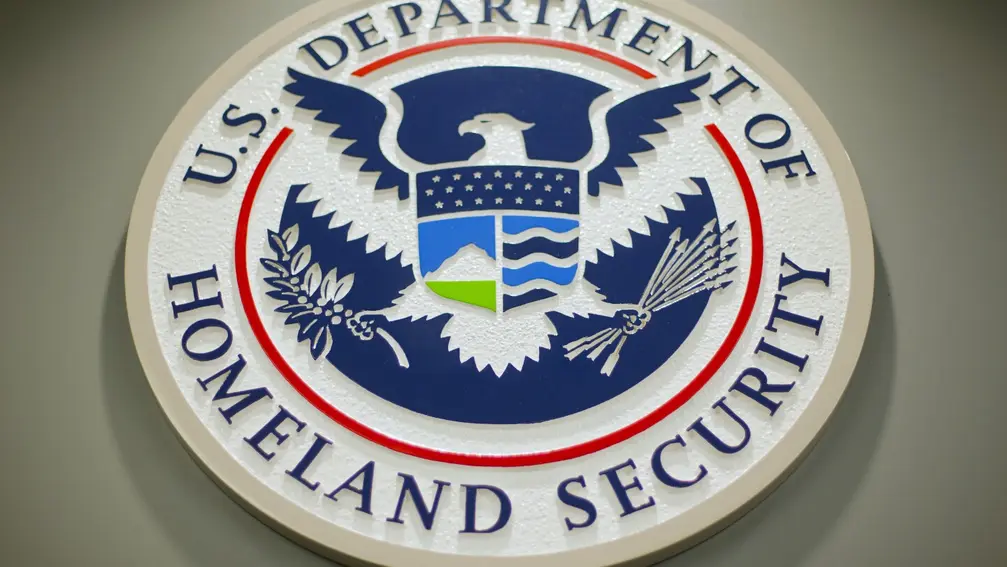T4K3.news
Policy expansion on deportations
Britain expands the deport now, appeal later policy to 23 countries as part of a broader crackdown

Britain expands the deport now appeal later policy to include 23 countries as part of a broader crackdown on foreign criminals.
Deport Now Appeal Later Expanded to 23 Countries
Britain is expanding the deport now, appeal later policy to 23 countries as part of a broader push to remove foreign criminals quickly. The scheme previously covered eight countries and used remote hearings abroad after an initial ruling. Officials say the expanded plan will curb abuse by ensuring appeals are heard from abroad only after an early decision. The government notes removals have risen since July 2024, with about 5,200 foreign offender removals recorded, up 14 percent from the year before. The policy traces back to 2014 under a Conservative government, faced a Supreme Court challenge in 2017 over human rights concerns, and was restarted in 2023 with more facilities for overseas appeals. Current plans aim to keep expanding the country list.
Reaction from ministers highlights a shift in migration policy as Labour seeks to tighten controls. Home Secretary Yvette Cooper argued that crimes in the country cannot be allowed to manipulate the system, while Foreign Secretary David Lammy spoke of expanding diplomatic partnerships to speed returns and allow safe appeals from home countries. The government has emphasized a goal of preventing people from staying in the UK during lengthy appeals, and officials say the approach prioritizes safety and order.
Key Takeaways
"Those who commit crimes in our country cannot be allowed to manipulate the system."
Cooper on policy rationale
"We are leading diplomatic efforts to increase the number of countries where foreign criminals can be swiftly returned, and if they want to appeal, they can do so safely from their home country."
Lammy on international cooperation and safe appeals
"In-person appeals were the norm for 200 years and had been a highly effective way of resolving differences."
Keir Starmer in 2015 questioning the policy
"preventing people from gaming the system"
Admin framing phrase from today's announcement
The expansion signals a political emphasis on quick removal over extended appeals, a posture aligned with earlier hostile environment rhetoric. It tests the line between security and due process, and it could provoke legal challenges on grounds of human rights and fair hearing. The policy also relies on foreign legal infrastructures to deliver fair hearings and may complicate cases involving families, children, or dependents who face relocation. On the upside, advocates say faster removals can deter crime and reduce asylum backlogs, while critics worry about collateral damage and inconsistent standards across countries.
Highlights
- Those who commit crimes in our country cannot be allowed to manipulate the system.
- We are leading diplomatic efforts to increase the number of countries where foreign criminals can be swiftly returned, and if they want to appeal they can do so safely from their home country.
- In-person appeals were the norm for 200 years and had been a highly effective way of resolving differences.
- preventing people from gaming the system is part of protecting public safety.
Political and legal risk in deportation policy expansion
Expanding the scheme raises potential issues around human rights, due process, and budget. Legal challenges may follow in courts, and public reaction could be mixed as communities weigh safety against fairness.
The policy will keep drawing scrutiny as it tests the balance between safety and fairness.
Enjoyed this? Let your friends know!
Related News

Deport first policy expands to 23 countries

Dean Cain to Become ICE Agent

Trump considers deporting Elon Musk over criticism

US sends deportees to Eswatini as program expands

Trump's economic week critical for policy impact

Texas landowners are suing Trump over border wall plans

Factory staffing under policy pressure

Indiana to expand immigrant detention under Trump administration
